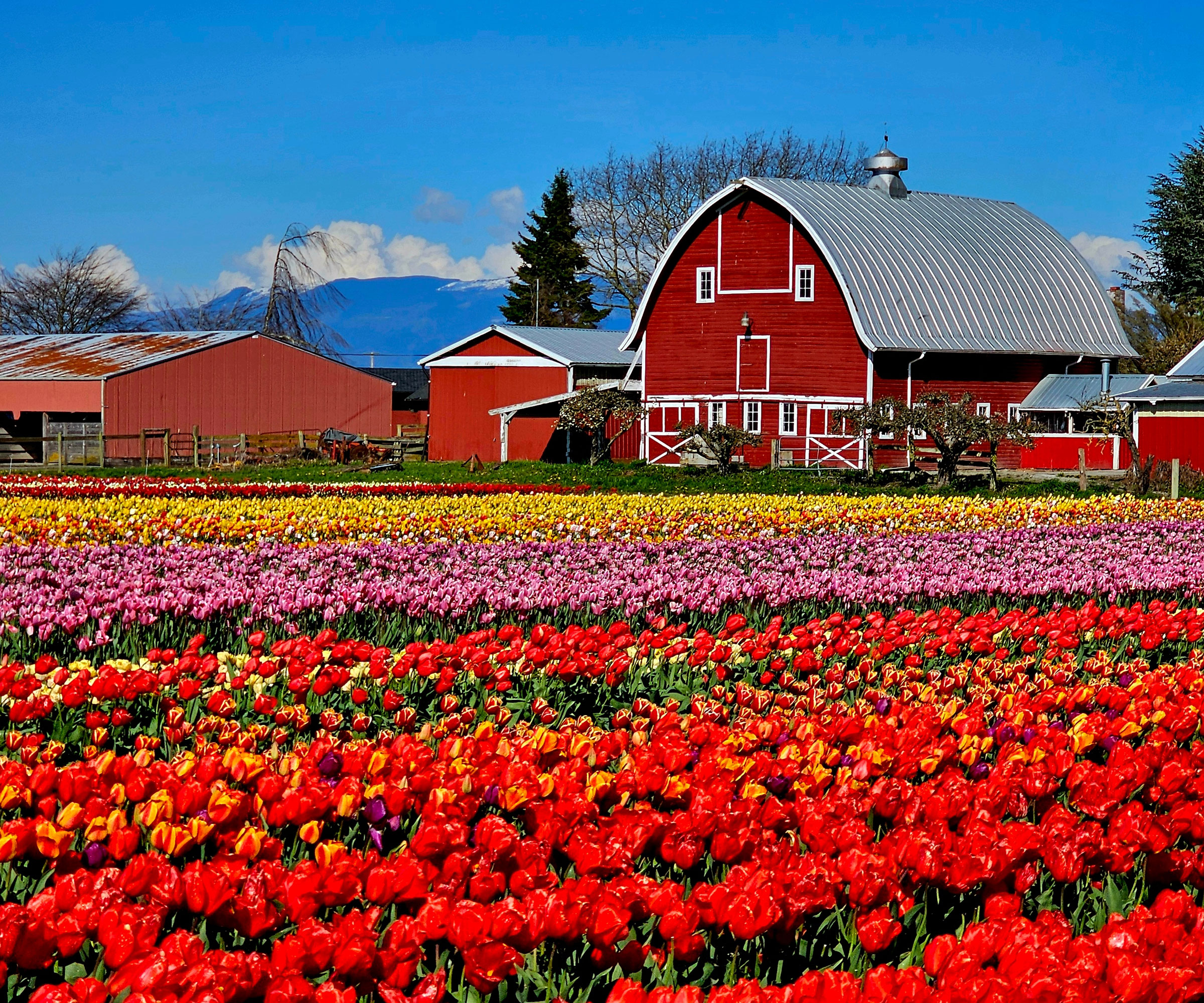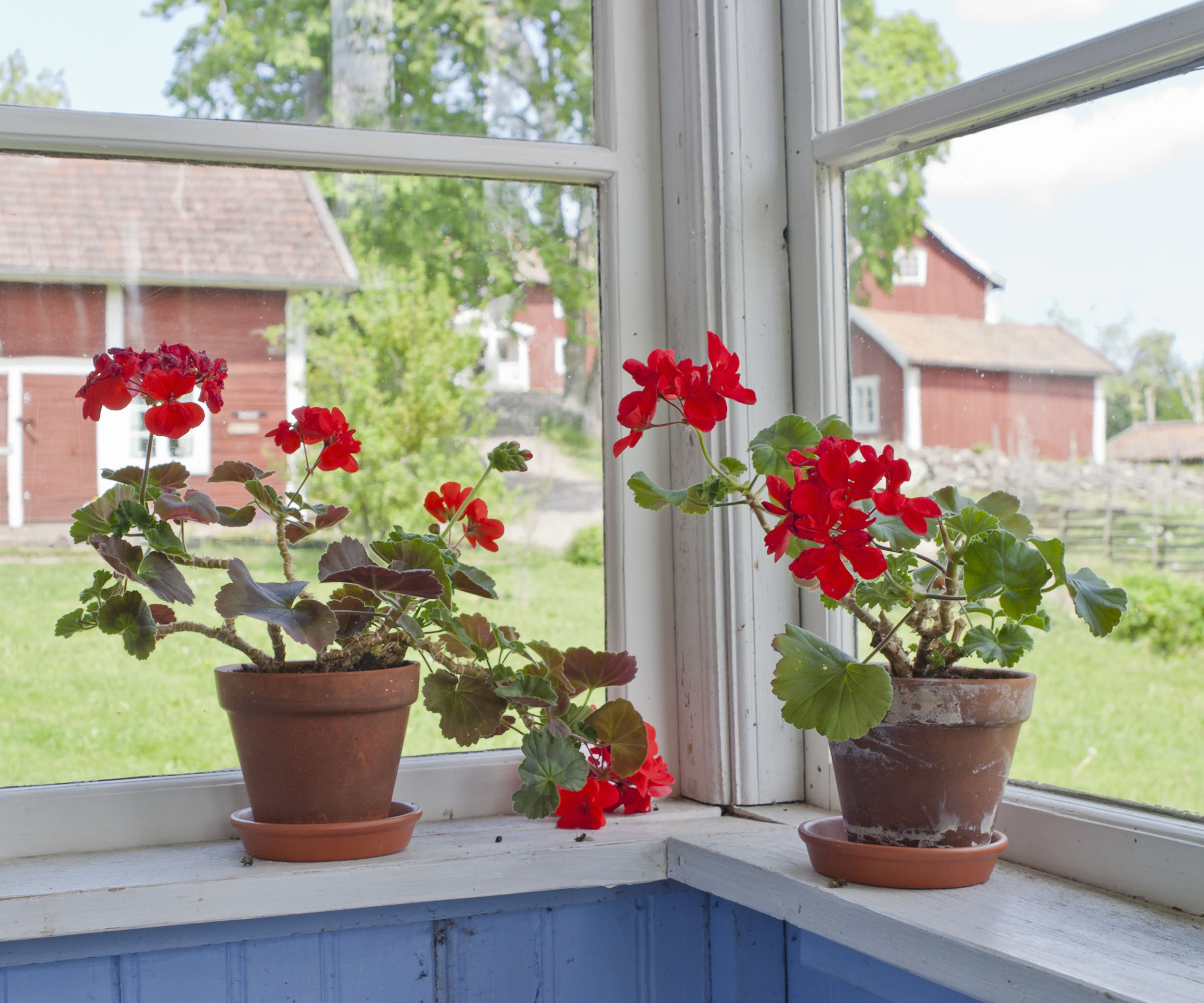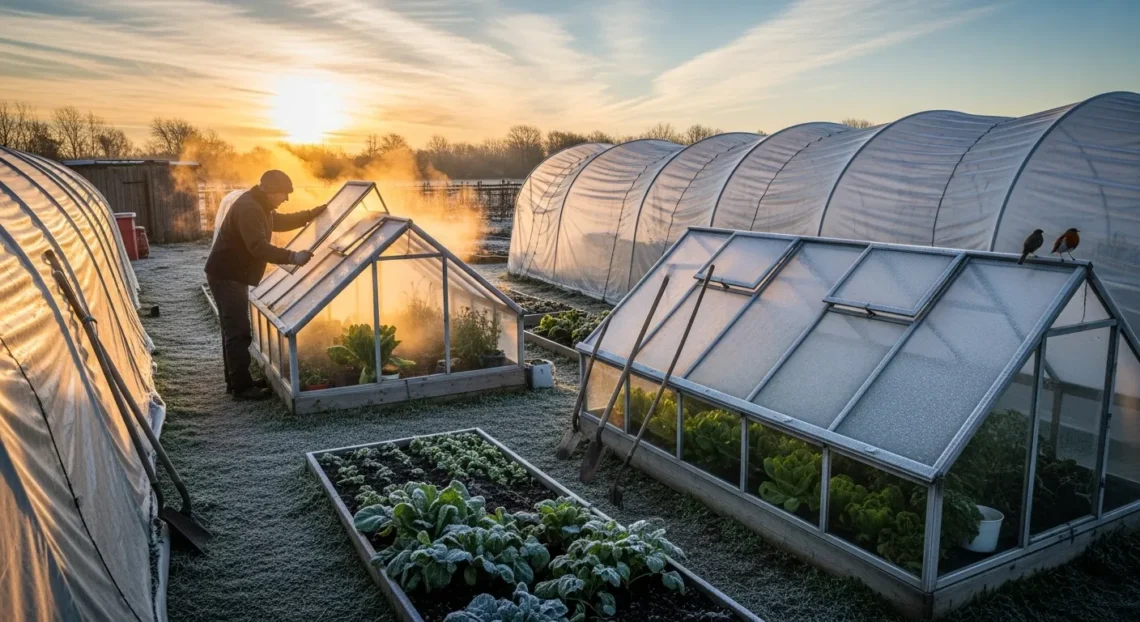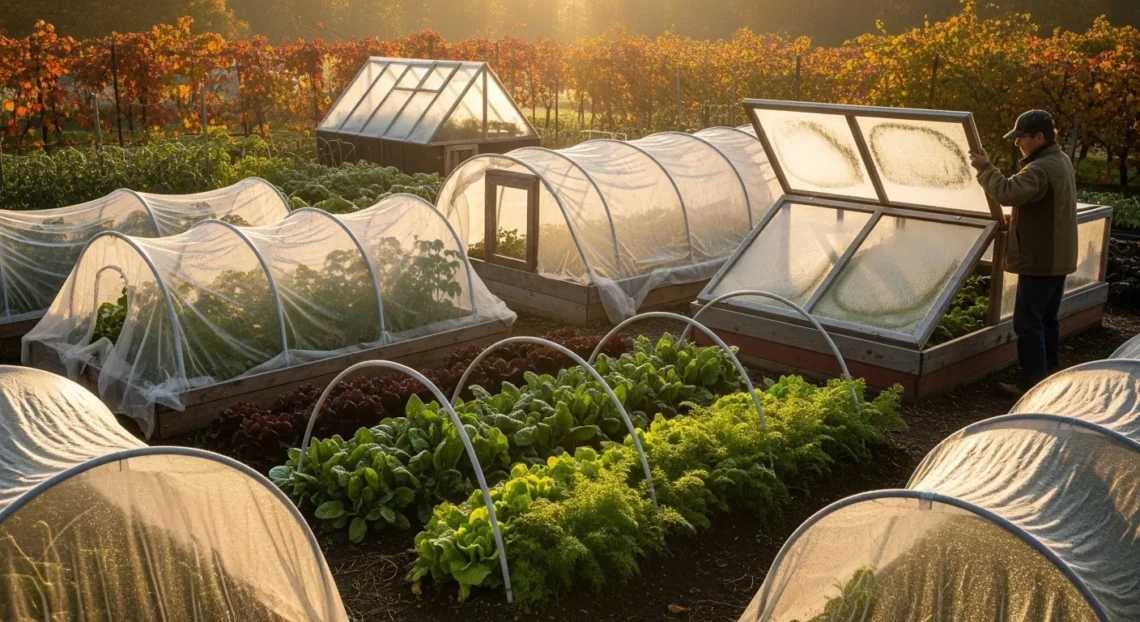Garden enthusiasts wait eagerly for the first flower festival and the annual plant shows. These usually come at a time when we have just finished a long cold winter and are impatient for the garden season. For anyone craving a quick detour as they map out their own easy garden hideaway, a garden festival gives us time to dream, purchase, get inspiration and simply spend time enjoying the artistic paintbrush of nature. Here are 10 of our recommended plant shows that will hearten and encourage you as the garden season awakens… 1. Skagit Valley Tulip Festival (Mount Vernon, Washington) (Image…
-
-
While most gardeners are packing away the patio furniture and preparing for winter right about now, Scandinavian plant lovers are just getting started. Especially, as anyone who’s even heard of pelargonsjuka will attest, when it comes to their beloved geraniums. Yes, in Sweden and Norway, pelargonsjuka is an affectionate term for someone who simply can’t stop, won’t stop collecting pelargoniums (aka geraniums). But there’s more to their so-called ‘geranium fever’ than simply this; it’s resulted in a unique approach to overwintering plants, too. 👉 For more inspiration on extending your season, explore our cold frame gardening guide with budget hoop…
-
Introduction When the crisp air of autumn settles in and the first frosts threaten your garden, most people assume the growing season is over. But what if you could keep harvesting fresh greens, herbs, and even root crops well into winter—without investing in an expensive greenhouse? That’s where cold frame gardening comes in. Cold frames and hoop houses are the unsung heroes of the backyard garden. They’re simple, affordable, and incredibly effective at extending your harvest. With just a few materials—often things you already have lying around—you can build protective structures that shield your plants from frost, wind, and fluctuating…
-
It’s easy for gardeners to end up with stacks of used and currently unwanted plant containers. From transplant flats to broken terracotta and ceramic pots, what do you do with them? For anyone who cares about sustainable gardening, knowing what to do with old plant pots is both freeing and eco-friendly – and it can also save you money in the garden. Try some of these creative and eco-conscious ideas if you’re wondering what to do with old pots and don’t want to just toss them in the garbage. 👉 For more eco-friendly practices, explore our guide on container cover…
-
Introduction: Why a DIY Cold Frame is the Gardener’s Secret Weapon When the first frost hits, most gardeners reluctantly say goodbye to fresh greens and tender vegetables. But with a DIY cold frame or a simple row cover, you don’t have to pack up your tools just yet. These low-cost, easy-to-build structures act like mini greenhouses, protecting your crops from frost and extending your harvest well into late fall—and sometimes even winter. In this guide, you’ll learn three practical, budget-friendly plans for building your own cold frames and row covers. Whether you’re a beginner gardener or a seasoned grower, these…
-
Got the winter blues and can hardly wait for planting season in the spring? Well, did you know that in some regions, you can start veggie seeds for later transplant as early as January? When selecting plants to plant in winter, some selections will vary according to your location – but there are a few reliable early starters that can work in every space. In many cases, you can start these seeds indoors for transplanting outside when things warm up. However, your options expand – even in chillier latitudes – if you use a cold frame for plants you can…
-
Introduction: Why Frost Protection for Plants Matters Every gardener knows the heartbreak of waking up to find once-thriving plants wilted, blackened, or stunted after a cold night. Frost is one of the most common and damaging threats to gardens, particularly in transitional seasons such as early spring and late autumn. The good news? With the right strategy, you can prevent frost damage and extend your growing season. This guide will walk you through everything you need to know about frost protection for plants—from understanding which plants are most vulnerable, to choosing the best frost covers, to following a simple DIY…
-
Just because you own a small garden or yard, that shouldn’t keep you from gardening and enjoying all manner of flowers, vegetables, and other plants. Raised beds for small gardens offer some great benefits over planting in the ground. They allow you to control the planting medium and they offer better drainage. In order to work with the space you have, you may need to get creative. You can make your own raised garden bed ideas for smaller plots, but some pre-made beds come in smaller sizes, too. There are some great ideas to get you started at the Gardening…
-
Ever since Greta Gerwig’s Barbie hit cinemas a few years back, we’ve seen a lot of bold lipstick pinks popping up in gardens everywhere. 2026, however, belongs to a far softer garden trend, because faded petal pink? It is going to be major. 👉 If you love exploring color-driven gardening, check out our guide to unique yellow flowers for another vibrant palette idea. Yes, according to the Garden Media Group’s annual report, the garden color scheme for the year ahead is entirely hinged upon that aforementioned faded petal – think a gentle ballet slipper blush that is simultaneously nostalgic, calming,…
-
If 2025 was the year of rain barrels, 2026 is fast shaping up to be the year of the rain chain. Once upon a time, it was a centuries-old Japanese garden feature that barely anyone had heard of in the USA. Now, though? Well, it’s cropping up everywhere and all over our social feeds, and for good reason. On paper, the concept of rain chains is simple enough; instead of sending rainwater down a plain downpipe, they instead guide that liquid gold gently through a series of cups, links, or sculptural chains and into a water butt or rain barrel.…










